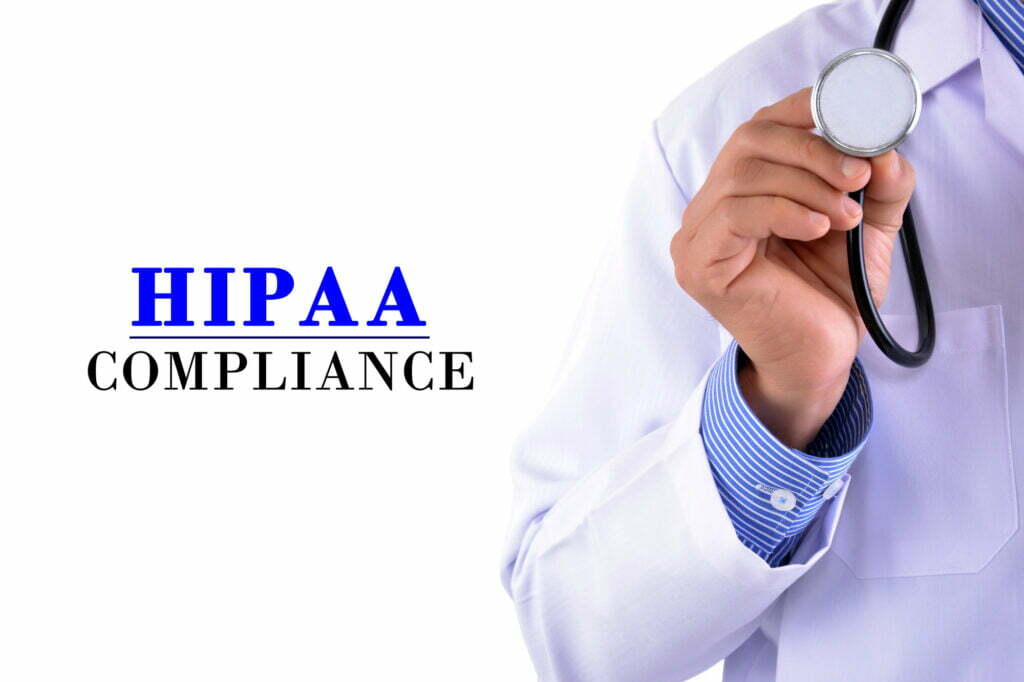Any business or organization that comes into contact with protected health information needs to make sure that they are within HIPAA compliance guidelines. U.S. Department of Health and Human Services has strict rules when it comes to people who deal with protected health information (PHI). This in conjunction with the increase in data breaches might have you feeling a bit overwhelmed.
But don’t worry, being HIPPA compliant won’t reduce your company’s efficiency and if you follow the list we’ve compiled, it won’t be hard either. We’ll start by explaining the rule then give you tips on how to stay compliant.
Privacy
The privacy rule deals with who is allowed access to the PHI. You need to make sure that your client’s information is protected. Managing the records is one of the most important parts to make sure the PHI stays protected. An easy way to do this is to delegate a person, to be responsible for this policy. They should train everyone on the policy and have the ability to implement consequences if the policy is broken. Your policy should be stricter than the HIPPA guidelines, this leaves a safeguard between your policy and breaking the law.
Security
There are three parts to the security of PHI. You need technological safeguards, along with physical and administrative safeguards.
1. Technological safeguards have to to with the actual technology that stores the PHI. You need to make sure that each of your clients has a name or ID number that’s unique to them. You also need to make sure IT has it set up that the programs you use will automatically sign the users out due to inactivity.
2. Physical safeguards are put in place to make sure only the right people have access to the PHI.This includes making sure that there are theft deterrents. When disposing of the devices you need to make sure to do it in a way that people who are looking to get there hands on PHI can’t get to it.
If you are worried about your policy for getting rid of the devices, you can always contact a company like ours.
3. Administrative safeguards are the things you can do to make sure you give are acting within HIPAA compliance. Make sure that you are doing risk assessments every few months to see where you might be vulnerable. You need to also monitor your employees to make sure the policies are being followed.
Enforcement
Violations can get costly. You want to avoid getting hit with expensive fines by making sure information is used only for what it is intended for. Giving your clients the ability to access their own information is also important, just make sure you have the technical safeguards.
Breach Notification
If there is a breach you need to notify HHS and your clients within 60 days. They will need to know what was breached, where it happened and what the damages could possibly be.
Have Written Policies
HIPPA audits can happen at any time. One of the best ways to make sure that you are prepared for this is to have written policies in place.
HIPAA Compliance
You don’t have a choice to be within HIPAA compliance guidelines. But it doesn’t have to be a pain to manage either. If you still need more help after reading our list, contact us.


